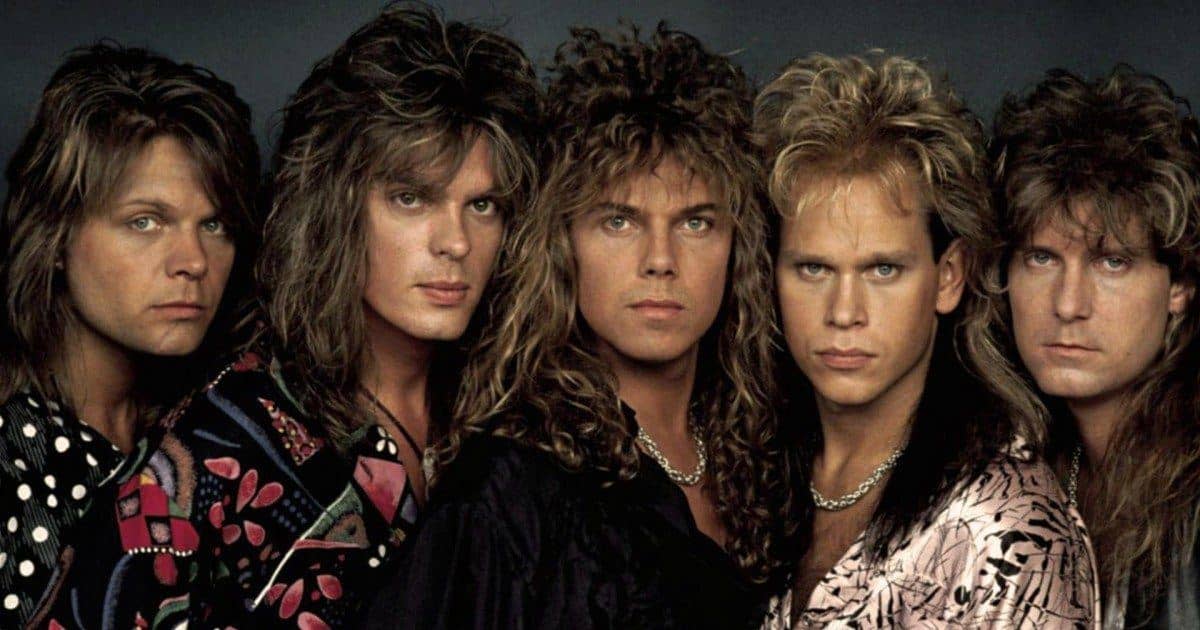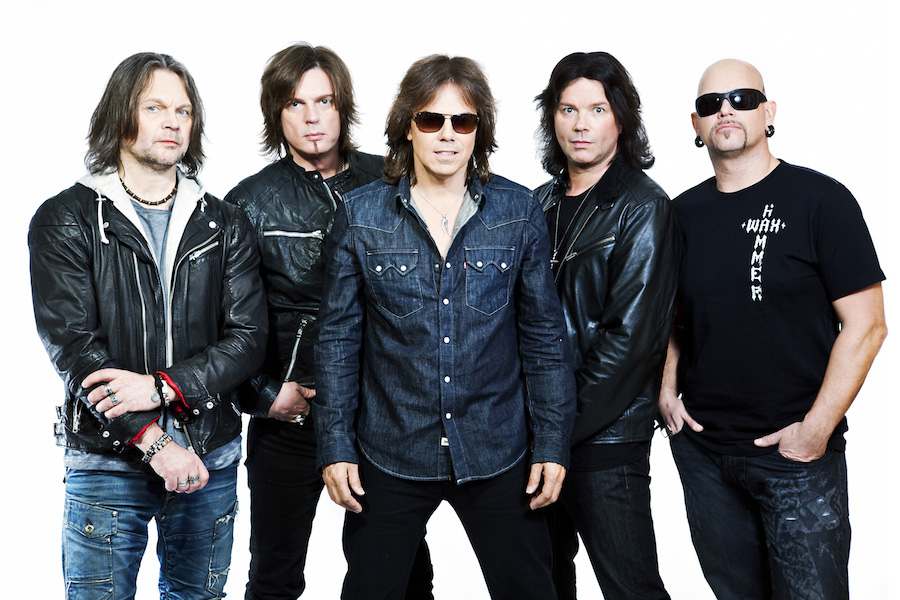
I had friends who played drums, bass, trumpet, xylophone or whatever they wanted, from the ages of elementary school through high school.īy the time I was in my teens, and rocking out my black Explorer knockoff (with the snazzy spiderwebs), everybody I knew was in a band, or wanted to be in one. I, myself, went from flute, to Hammond organ, to classical guitar and finally to electric guitar. I guess it comes with the territory of a social democracy: communal music youth programs ensured that every single Swedish kid could learn, for free, after school, any instrument of their choice. Music is a major part of Swedish kids’ upbringing. Without writing a psycho-analytical piece on the collective musical mind of Swedes in general, let me just try to explain what Europe meant back then, and still means today, and hopefully provide some context. Them being worlds apart, musically, and everything. His question was whether the death metal pioneers of “The Gothenburg Sound” did so in response to the “flaccid” music of Europe. Something Mike Knoop said in his comment, though, made me realise I will always come from a different perspective when looking at this band, just by virtue of being Swedish.

You guys have said it all in spades: it didn’t age well, the production is horrid, there are glimmers of instrumental quality and we all know the pretty man can sing. James Praesto: I am not going to write a review on The Final Countdown this week. I realise that Gothenburg is about 400 km from Stockholm, but in my heart or hearts, I hope that the melodic death metal that became known as the “Gothenburg sound” was in response to flaccid bands like Europe. Not enough punch for power metal, too much flair for hair metal, yet the sound seemed to work stateside – for a couple of albums anyway. Guitarist John Norum gets a few squealy solos ( Heart of Stone, On the Loose), but he’s generally overwhelmed by the glossy production. Sometimes I can fool myself into thinking he sounds like Jon Lord ( Danger On The Track), but mostly it’s that overstuffed keyboard sound that dominated the 80s. Singer Joey Tempest is the only one recognisable by name & face, even though keyboardist Mic Michaeli – thanks, Wikipedia - does most of the musical heavy lifting.

Mike Knoop: Generic rock competently played by mostly anonymous musicians.
THE FINAL COUNTDOWN EUROPE DOWNLOAD
It’s not high art by any means – and most metalheads wouldn’t touch it with a two-hundred-foot pole – but it may be a worthy buy or download for the more open-minded rockers out there." ( Sputnik Music (opens in new tab)) "It may amount to little more than a master-class in cheesiness, but I’ll be a dog’s rear end if it doesn’t make for a pleasant listen. It will always stand as a testament to their career and be a chapter in the bands history which attracted more fans than they can ever imagine and made them global superstars." ( Metal Heroes Forever (opens in new tab))
THE FINAL COUNTDOWN EUROPE FULL
However, it is full of every bit of 80’s fun that anyone could ever want, and it is in every way as enjoyable now as it was in 1986. "Unfortunately, The Final Countdown sounds very much of its era, synth heavy, crisp drums and reverb drenched vocals and when compared to their earlier work or their releases since Europe’s reformation in 2003, the album does not give a fair representation of their true sound.

Meanwhile, the rest of the disc packs so much power that Swedish superheroes Europe get away with all the processed pretension." ( AllMusic (opens in new tab))

But the full-tilt follow-up Rock the Night rules also: ' You know it ain't easy/Running out of thrills.' Carrie comes off a consummate butane ballad. "One of the most glorious launches in history, the title track for the thrice-platinum The Final Countdown is so bombastically brilliant, such glorious garbage, that this nuclear hair assault could only spew from the vacuous '80s. Back then, radio had been afraid to touch hard rock, but that all changed when they heard Photograph or Livin’ On A Prayer. “In some ways, when you consider the fact that classic hard rock is becoming so popular again, it feels a bit like that today. “You could feel that something was about to happen,” Tempest insists in retrospect. There was a strange electricity in the air, and a rumble underfoot. Back in 1986, the amount of hairspray in the atmosphere (particularly 6,000 miles away in the City of Angels) was causing untold damage to the Earth’s ozone layer.īon Jovi had put a disappointing second album, 7800° Fahrenheit, behind them with the release of their next one, the remarkable Slippery When Wet, and were about to be drenched in success.Īnd although Def Leppard were still laboriously piecing together what would become their rocket ship to the stratosphere, Hysteria, the impetus the Sheffield band had enjoyed in the US with Pyromania kept the name alive.


 0 kommentar(er)
0 kommentar(er)
